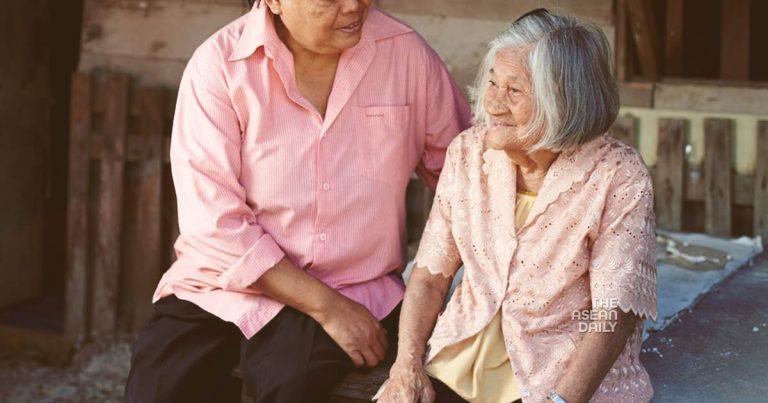16-8-2023 (BANGKOK) The Thai government has faced criticism over its decision to introduce new requirements for the receipt of the elderly allowance, replacing the previous universal welfare payments. The government defended the move, stating that the universal welfare payments were placing an excessive burden on state coffers.
Cabinet secretary-general Natjaree Ananthasilp addressed concerns about the potential restrictions on access to assistance, which were raised during a cabinet meeting on Tuesday. The meeting saw vocal criticism of the new rules.
During the meeting, Social Development and Human Security (SDHS) Minister Juti Krairiksh emphasized the need for revising the old criteria. He warned that failure to do so would result in the government having to cover costs of up to 100 billion baht annually from 2025, in addition to the expenses incurred by Thailand’s increasingly aging society.
The new regulation, signed by Interior Minister Anupong Paojinda and published in the Royal Gazette on Friday, has already come into effect as of Saturday.
Under the previous regulations, local administration organizations provided monthly allowances ranging from 600 to 1,000 baht to all elderly individuals. The allowance was set at 600 baht for those aged 60-69, 700 baht for those aged 70-79, 800 baht for those aged 80-89, and 1,000 baht for individuals aged 90 years and older.
The new regulation stipulates that, starting from Saturday, only elderly people with no income or insufficient income to cover their cost of living will be entitled to the monthly allowance from the state.
However, a provisional clause included in the new regulations states that individuals who registered for the allowance with local bodies before August 12, 2023, will not be affected by the change, ensuring that those currently receiving the allowance will continue to do so.
Prime Minister Prayut Chan-o-cha, after the meeting, stated that the new criteria align with the recommendations of the national committee on the elderly. He emphasized the need for prudent budget spending, but also mentioned that if the incoming government has sufficient financial resources, it can develop its own spending plans.
“The number of senior citizens is increasing. Some have enough money to live on, but others don’t. So, we have to consider how much money is at our disposal,” said Gen Prayut.
Minister Juti added that the next government will thoroughly review payments for the elderly before deciding whether to maintain the new measures.
“Currently, there are about 4 million poor senior citizens. With limited budget funds, the government has to help the poor first,” he explained. The Social Development and Human Security Ministry currently receives an annual budget allocation of 8 billion baht.
“If the new government plans to offer a monthly allowance of 3,000 baht, it has to collect more taxes to fund the policy,” Mr Juti noted, highlighting that the figure of 3,000 baht was based on promises made by the Move Forward Party during campaign events.




